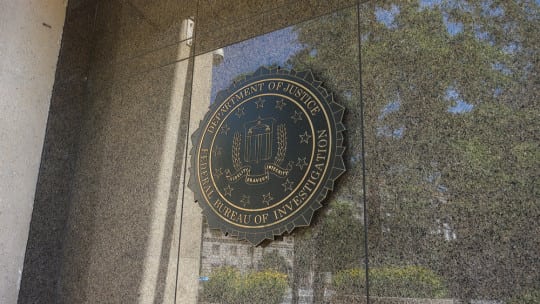
Brainstorming about potential crises can be a fruitful exercise. Imagine, then, that one day you wake up to find your brand's web domain has been seized by the FBI and there is a warning blazoned across the page alleging the brand and its customers have committed crimes—and that prison time and fines may be involved. Reputation trouble doesn't get much worse than that.
But this was exactly the situation PokerStars found itself in on what came to be called "Black Friday" in the online poker industry. (If it was any consolation, the brand's biggest competitors were also shut down indefinitely.) Aside from the obviously huge crisis it was facing in the United States, it was looking at ripple effects on its reputation throughout the world.
In the newly released Book of Crisis Management Strategies & Tactics, vol. 9, Eric Hollreiser, Amaya/PokerStars' vice president of corporate communications, tells the fascinating story of how the brand fought from that low point to regain its position as the market leader. Within the article, he shares these four main steps that should form the outline of any crisis response scenario:
- Understand all issues. Without having a basis for your decisions, you simply cannot make the best, most informed choices for your company’s immediate future. If it's a legal issue, your head communicators may need to devote late nights and early mornings to meetings with your legal team so they can speak confidently and make the right calls.
- Develop a work plan. With so many parties—from various departments and viewpoints—likely converging to combat a crisis, a work plan ensures that all senior-level executives understand messaging, sequencing of information, audiences and messengers. This can become a solid foundation for settling on a "plan of attack."
- Tell your story. Execute the work plan by spreading messaging to your audiences—internal and external—with all the resources at your disposal, including your customer service reps, community influencers and higher-level spokespeople.
- Monitor for successes. By having the ability to update your approach in real time, you can leverage your initial work plan and the conversation around the situation to craft additional messages, as needed, and pivot quickly. A lesson for all communicators: Start engaging in smart social listening now, because when a crisis inevitably happens, you'll have tools that can quickly turn into the ideal way to monitor the crisis and your efforts at amelioration.
Follow Ian on Twitter: @ianwright0101
